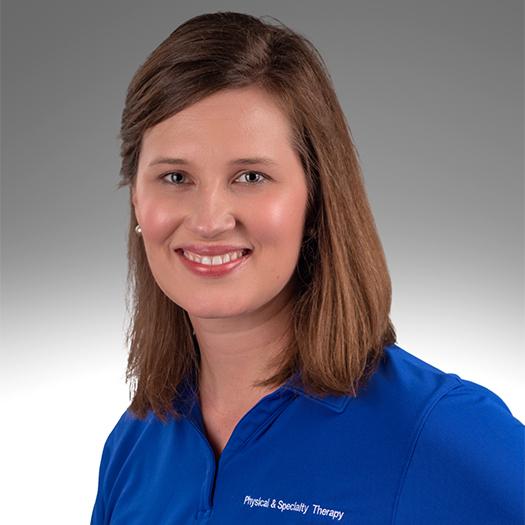How therapy can help post-concussion syndrome
If you’ve been diagnosed with a concussion and your symptoms have persisted beyond the typical recovery time, you might have post-concussion syndrome, or PCS. Occupational therapist Gina Gleissner explained how therapy can help.
What is post-concussion syndrome?
PCS is a disorder in which the following symptoms persist beyond the typical 10- to 21-day recovery time:
- Neck and upper back pain
- Migraines or persistent headaches after concussion
- Difficulty with memory, concentration, problem solving (slow thinking)
- Balance problems or dizziness
- Visual problems (double or blurry vision)
- Poor eye-hand coordination with writing and athletics
- Difficulty speaking or conversing
- Difficulty with schoolwork, athletics, reading, computer work or employment duties
- Difficulty sleeping
- Sensitivity to light and sound
“PCS affects 2 out of 10 people who sustain a concussion,” Gleissner said. “PCS in children and adolescents is a concern because their brains are developing new skills every day.”
How long does PCS last?
Gleissner said every patient (and injury) is different. “Symptoms last varying lengths of time depending on severity and length of time since the injury occurred,” she said. “Some recoveries are shorter, happening naturally without much or any intervention.”
Certain pre-existing conditions, such as headaches or attention, learning or reading difficulties, may lengthen recovery.
How does therapy help PCS?
Depending on symptoms, therapy can include occupational, physical or speech therapy.
“An important part of therapy is teaching a patient how to manage their symptoms during recovery. A therapist also evaluates a patient’s present functioning, compared to how they functioned before the injury. We will treat underlying causes of symptoms while gradually re-introducing difficult tasks. Over time, the patient will be able tolerate more tasks for longer periods of time with fewer symptoms,” Gleissner said.
What are some examples of therapy strategies that are used for PCS?
Some strategies a therapist may work on include:
- Energy conservation
- Eye movements
- Concentration
- Problem solving
- Coordination training
- Speech therapy
- Heart rate exertion testing
- Orthopedic management of neck and head
- Vestibular training and treatment for poor balance and dizziness
“Post-concussion syndrome is complex and requires specialty treatment by an experienced therapist for a good recovery,” Gleissner said.
Find a doctor
Whether you’re looking for a primary care physician or need to see a specialist, we’re here to help with experienced, compassionate care near you.
Find a Doctor

